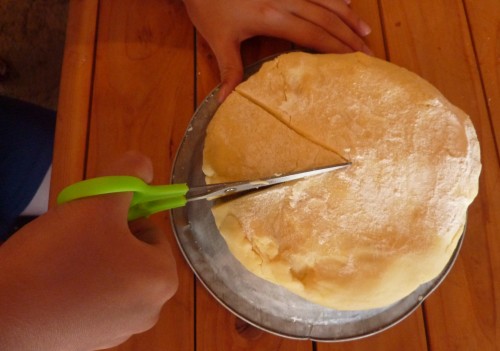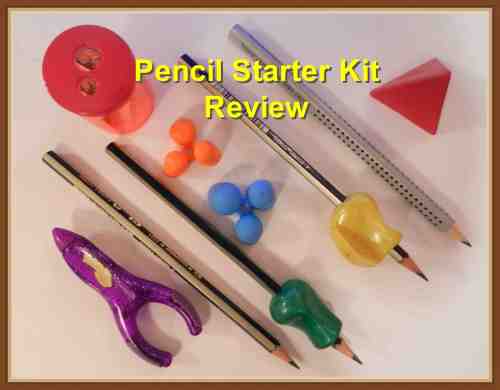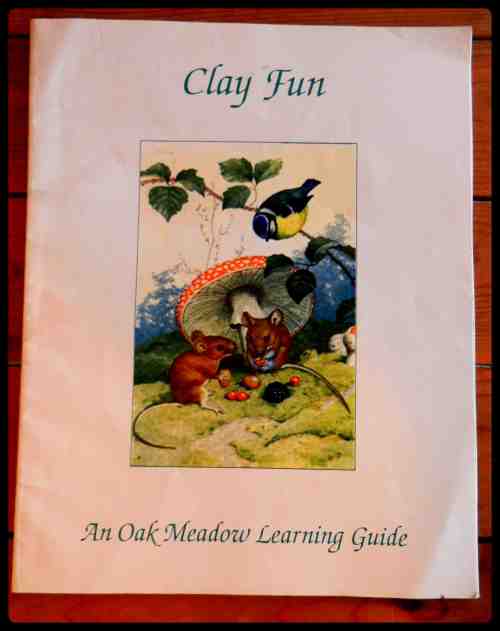Do your kids struggle with attention issues? Or are they very active, have difficulty concentrating, or show signs of ADHD?
When my niece was young, she was a very active child. She had difficulty concentrating on verbal directions. She also was a sensory seeking child.
Homeschooling was ideal for her, as it allowed me to adapt things to the way she learned best.
With her difficulty with auditory processing, ie, concentrating on verbal directions, listening to the teacher talk in public school at the front of the class would have been a big struggle for her.
We wanted her to have the daily support of learning at home. I tried a number of things to facilitate her learning, and through the years, these issues became less and less of a problem.
We wanted her to have the daily support of learning at home. I tried a number of things to facilitate her learning, and through the years, these issues became less and less of a problem.
I happened to have a background in Occupational Therapy, so I drew on that as we homeschooled our daughter.
My niece is now a college grad. She made Dean's list her first year there, and is studying in their honors program.
We chose Explode the Code (ETC), starting with the Primers.
The approach used in ETC is great for visual learners, and my niece. It eliminated the struggle that we had with phonics previously, when her learning was more auditory (listening) based, although we did some auditory work, too, as she learned her sounds.
My niece wanted to be independent in things, even before she knew how to, which was a challenge sometimes.
We started with the Bob Books Readers, after she finished her ETC primers. She loved the funny little simple stories in these very early readers.
We then moved to the "I Can Read"series, and then just continued with their next readers, also picking from what they had at the library.
Going from one reader level to the next really helped to gradually build her reading and comprehension skills.
How we went about homeschooling her, when she was young... that is what I would like to talk about today.
During the early years of preschool to 2nd grade, we focused just on the 3 R's, and did not concern ourselves with science or other subjects until later.
During the early years of preschool to 2nd grade, we focused just on the 3 R's, and did not concern ourselves with science or other subjects until later.
Not that you need to do that, that is just how we approached things, as developing a strong background in the basics of math, reading and writing.
At the same time, we followed her interests, too.
First I'll be sharing about the curriculum we used during these early years.
At the same time, we followed her interests, too.
First I'll be sharing about the curriculum we used during these early years.
Then I'll talk about how we set up our homeschool day......with those all important breaks, and more.
1. Early Elementary Curriculum Choices
So let's start with the beginning and how we did phonics.....
1. Early Elementary Curriculum Choices
So let's start with the beginning and how we did phonics.....
Phonics
The approach used in ETC is great for visual learners, and my niece. It eliminated the struggle that we had with phonics previously, when her learning was more auditory (listening) based, although we did some auditory work, too, as she learned her sounds.
Reading
We started with the Bob Books Readers, after she finished her ETC primers. She loved the funny little simple stories in these very early readers.
We then moved to the "I Can Read"series, and then just continued with their next readers, also picking from what they had at the library.
Going from one reader level to the next really helped to gradually build her reading and comprehension skills.
For fun she loved getting audio books from the library to read independently.
We also liked some of the workbooks from Evan-Moor. These provided a helpful structure and fun hands on activities at the same time.
We set up in a special reading corner........with a shelf that blocked out other distractions in the room. It can be a nice break where your child could snuggle up with a book, anytime.
Handwriting

We used a multisensory approach to handwriting, included making letters in finger paint, cutting, play dough play, etc. Click here for 9 Fun Ways to a Mature Grasp.
For more fun and easy ways to help with handwriting, to build up the small muscles and more, here are the posts from my series called Handwriting Helps.......



Math
We used Math U See, after spending our preschool/K years just doing math using manipulatives, math play, and making patterns.
Learning to make 2 or 3 part patterns introduced her to the patterns of math. This was done with beads, etc. Much of math work can be play and done on the floor. Giving lots of control to your child in their lessons, with guidance, can help a lot with our ADHD kids.
Numbers and Patterns - another fun math resource
"Seeing" how math works is the ticket, but "Doing" is the best for early math, counting buttons, making cookies, and the fun of subtracting them. lol. That is how my daughter learned to love math!
Art
And don't forget art! We did a lot of arts and crafts, fingerpainting,
clay work, and some handwork, too. Making it into a routine can also be a help.
Handwork such as weaving, hand sewing little projects, etc can be a great way to develop attention span, direction following skills, and more, while coming up with a finished product.
The finished product can be a great help for building confidence. And building attention span can be a lot more fun with projects, than just with homeschool lessons, of course.
Handwork activities can also be helpful go-to activities for fun and for when we had a hard day.
All of these activities can help build attention span and concentration skills, while giving her a creative outlet.
For more on elementary homeschool curriculum that we liked, please click here.
For more on elementary homeschool curriculum that we liked, please click here.
My friend from 7 Sisters Homeschool also offers an extensive list of quality Elementary Curriculum Resources here - Favorite Homeschool Curriculum for Elementary Grades.
2. Setting up the Day

Young active learners often do better with short learning periods, such as 15 or 20, or 30 minutes at a time. Adding in a break in between each session, as needed, where your child plays, watches an educational show on tv, etc is often essential.
Rewards Can be A Help
My child liked to earn stickers, which she chose each week or two from the book store. Earning stickers gave her a concrete reward. We always went over her sticker chart at the end of the week, to give her extra attention for her efforts.
Every so often, we went to the dollar store, and got little toys that she then earned with her stickers.
Nothing like stickers to build up and instill motivation for learning and completing one's work.
Adaptations
Whenever there are directions to be given, I always had my child play with a small toy for a figet. This helped to lessen anxiety and concentration tended to improve.
When there were two part verbal directions to be given, such as for simple chores, I would say the direction first, then ask her to repeat it to me.
Later, when she was older, she preferred to write down any directions that were given. That technique can help all the way through middle school.
Kids who have difficulty with verbal direction, tend to be visual learners. That is why homeschooling can work so well.
I could set her work up so that she could learn visually, instead of the way it would have been done at public school, with the teacher giving multiple verbal cues and directions all day.
Adaptations
Direction Following
When there were two part verbal directions to be given, such as for simple chores, I would say the direction first, then ask her to repeat it to me.
Later, when she was older, she preferred to write down any directions that were given. That technique can help all the way through middle school.
Kids who have difficulty with verbal direction, tend to be visual learners. That is why homeschooling can work so well.
I could set her work up so that she could learn visually, instead of the way it would have been done at public school, with the teacher giving multiple verbal cues and directions all day.
Some kids like to use weighted blankets, and find that that helps calm their nervous systems.
Even regular blankets can do that. This can gave some deep pressure, which could be very calming. Some kids also benefit from weighted vests, which can provide that same deep pressure.
Thanks for stopping by BJ's Homeschool,
Betsy
Betsy is mom to her now college grad, whom she homeschooled through high school. She blogs at BJ's Homeschool, about the early years, highschool, coll
ege, gifted/2e and wrote -Homeschooling High School with College in Mind, 2nd Edition. She offers homeschool help through messages at BJ's Consulting,
and has had some of her articles picked up by the Huffington Post.
Want to stay in touch?







Such a helpful post! Thanks for sharing at the Homeschool Mother's Journal blog link-up at NextGen Homeschool, we're glad to see you back! :)
ReplyDeleteRenée
Thanks, Renee Gotcher, of the NextGen Homeschool blog! I'll be back at the #homeschoolmother'sjournal soon,
ReplyDelete